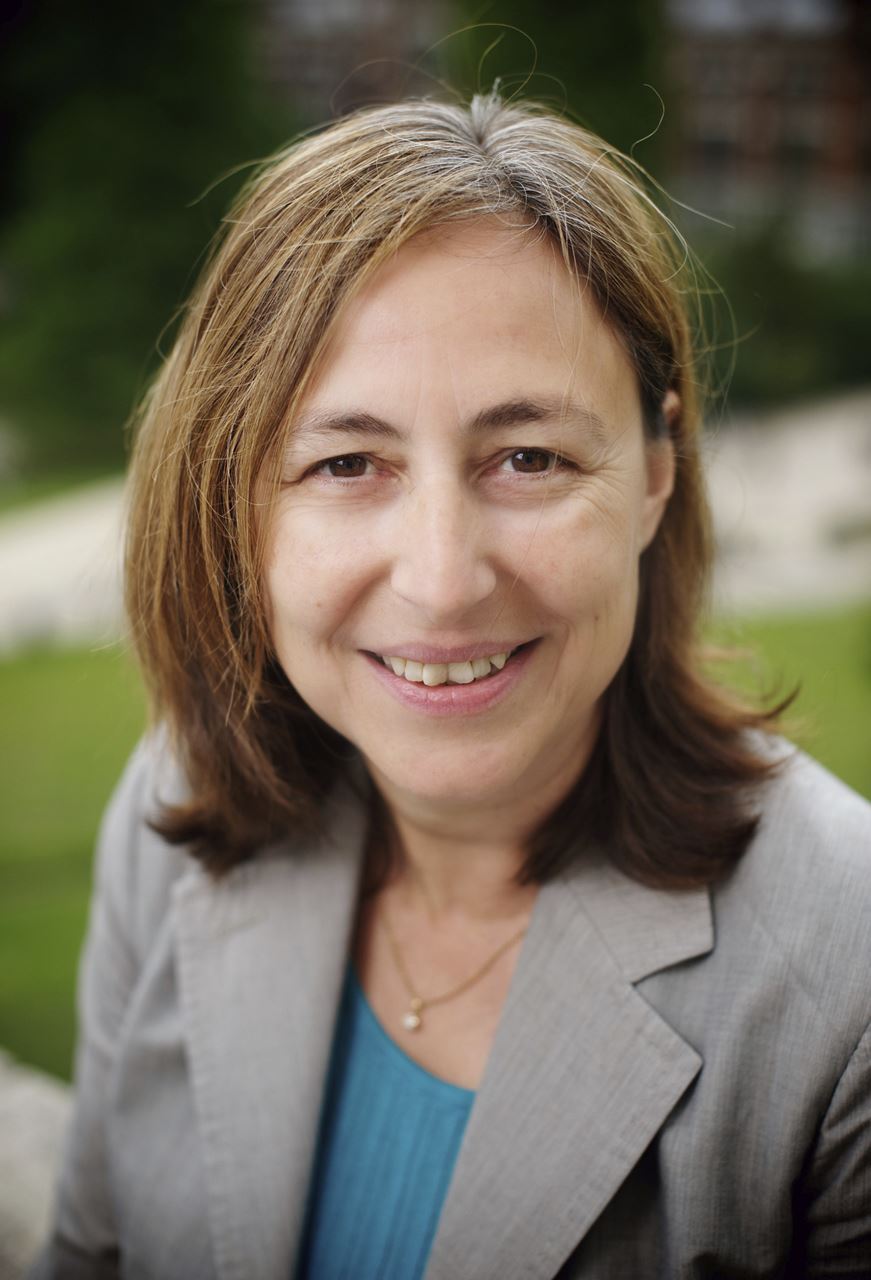 Marie-Thérèse has been Head of Government Relations at SAP AG, the market leader in enterprise application software, since 2007. She started her career in 1990 serving for the International Labour Organization and moved later on in the private sector, serving as Head of Microsoft Representation at EU level from 1996 to 2005. Marie-Thérèse is also part of the WIL Board of Directors.
Marie-Thérèse has been Head of Government Relations at SAP AG, the market leader in enterprise application software, since 2007. She started her career in 1990 serving for the International Labour Organization and moved later on in the private sector, serving as Head of Microsoft Representation at EU level from 1996 to 2005. Marie-Thérèse is also part of the WIL Board of Directors.
You have been working in the ICT for several years. Has the industry changed its perception of women’s role in the workplace during this period?
In my perspective, ICT has always been an industry with a very cooperative working environment. What matters are creativity, innovation and efficiency – and studies show that these are better achieved in heterogeneous teams, with women and men from different cultural backgrounds working together. However, what has changed in the last years is the awareness that we need to make a stronger effort to get female students interested in MINT-Mathematics, Informatics, Natural Sciences and Technology - subjects. Through this we ensure also in the future that women strongly contribute to the decision-making in the ICT industry.
What is SAP AG doing to promote women in the ICT sector? Are there any partnerships set up between the company and other industry players in this sense?
We joined several international organizations to promote better career development for women in information technology industry overall. The networking opportunities offered by these organizations allow us to identify and attract more qualified female recruits for SAP management positions. For example, we are a member of the International Taskforce on Women and Information and Communication Technologies (ICT), an organization sponsored by the United Nations-UNESCO. Its program strives to develop more women as ICT leaders and creators. We also signed the European Code of Best Practices for Women and ICT and began serving as a national contact point of the European Centre for Women in Technology (ECWT). In Germany we joined the Charta of Diversity and committed ourselves to provide a work environment free of prejudice and discrimination. As well as that, SAP is partner of the National Pact for Women in MINT Careers - “Go MINT!” and is organizing a yearly Girls Day.
How about the internal processes or programs? How do they encourage women’s presence in the workplace?
At SAP, we nurture and support an environment that values differences in culture, race, ethnicity, age, gender, sexual orientation, gender identity or expression, and physical or mental ability. In regards to gender, our goal is to grow the ratio of women to men to reflect the talent pool in our industry and to raise the ratio of women and men in leadership positions to the same measurement. We offer coaching and mentoring programs, basic gender awareness workshops (Women@SAP, Men@SAP) and advanced training (self-PR and visibility, work-life-balance). To support women in business and the cooperation between men and women, employees have set up the Business Women’s Network @ SAP which gives all our employees the chance to exchange experience and knowledge.
Only 3.2 percent of women hold management board positions at Germany’s 200 biggest companies, according to a Jan. 18 study by the Berlin-based DIW economic institute. What solutions would you envisage for more women to take leadership positions in Germany?
An active support of all female managers is more effective than any quota. No company can effort to abandon highly qualified and committed employees or to disregard their potential. What we have to do is to enhance the general working conditions. It has to be possible for every employee in specific periods of life such as parenting or caring for older family members to take time outs from work or to work part time.
We have to be aware of the fact that the different perspectives of men and women help to make better decisions. Diversity is valuable and is actively promoted by SAP.
What attributions would a WIL German-based chapter have, in your opinion?
In my opinion, a WIL German-based chapter should promote diversity in the widest sense of the word. I would also envision WIL as a platform for best-practice-sharing and as a forum to exchange experience.